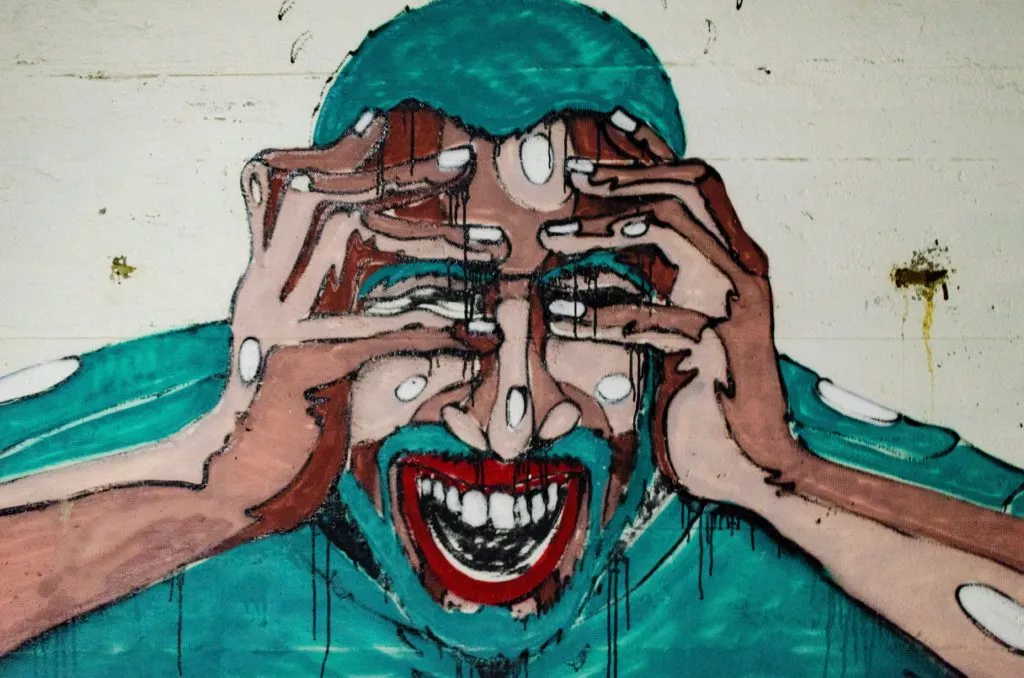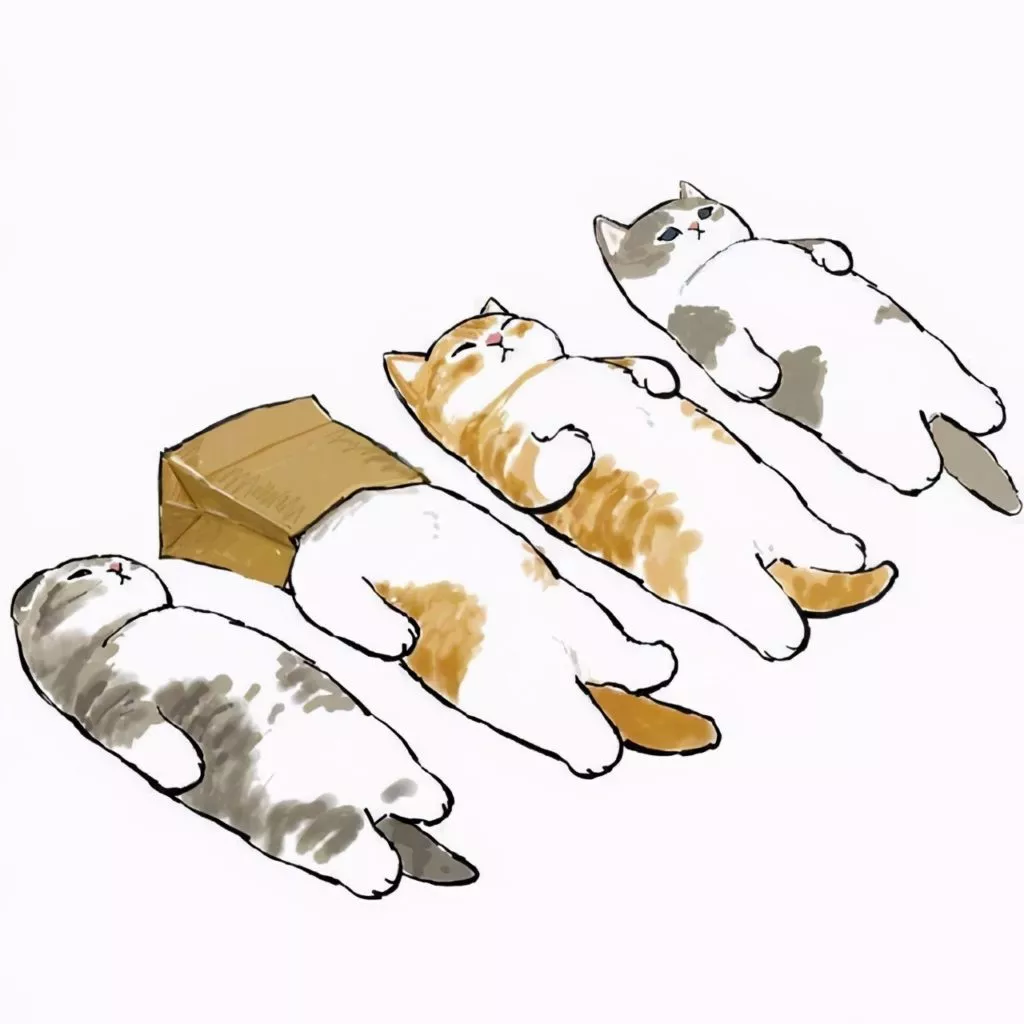China’s post-90s and post-00s, aka Gen Z, have been raised in a very different China from that of their parents’ and grandparents’. More and more young people are being brought up in a cosmopolitan environment where they are surrounded by pop culture, consumerism and have travelled internationally. These urban dwellers can speak Mandarin fluently, rather than relying on their local dialect, and many also have at least a basic grounding in English.
Their international and social media exposure has resulted in young people becoming more progressive in certain aspects, such as LGBTQ+ and women’s rights; topics which are often met by a backlash from the older generation.

Pressures lead to an anxious, aimless generation
Yet, it’s certainly not easy riding for China’s Gen-Z. They face anxiety in all aspects of their life: workplace pressure, education, relationships and marriage, raising children, and caring for their elderly relatives. Many of these problems stem from the one-child policy which has brought mounting pressures from society and their families.
Every young person strives for a well-paid job to offset these pressures, such as that at one of China’s tech companies. However, even before they start, they are aware of the toxic work culture and long hours that they will have to endure. Amid the constant competition which begins in the education system, young people are constantly striving for a higher quality of life but they don’t know what the endgame is.
This generation is aimless: they work hard not because they love what they do but because they want to alleviate work pressures and achieve ‘work freedom’.
A lot of young people aspire to be their own boss and set up a company by the time that they reach 30, but, crucially, they don’t have the skills or mindset to be an entrepreneur.

In contrast, our parents (post-60s and 70s) grew up at a time of new opportunities. While there were far fewer places at university, those who went on to further education were extremely valuable. During this ‘golden age’ of opportunities, it was very easy to start a company and make money. Our generation is very jealous of our parents – although sometimes they also envy how cosmopolitan we are and the quality of life we have had from a young age!
Balancing the financial burden of children and parents
The higher living cost in cities heavily influences young people’s attitudes towards children. With yearly tuition for kindergarten costing approximately 10,000-20,000 RMB, the financial burden of raising children is too steep for many. Simultaneously, young people are breaking away from traditional attitudes towards the family, in which elders devote their resources to bringing up children. As such, many are no longer willing to sacrifice everything for their offspring.
In addition to children, Chinese young couples are responsible for looking after four parents due to the one-child policy; a responsibility which doesn’t come cheaply, especially in cities. This issue was ignited on social media following the introduction of the three-child policy with many young Weibo users complaining that two young professionals can’t care for their parents and three children.
As a result of the pressures brought about by work and family, trends like neijuan (内卷), sang (丧) and tangping (躺平) have emerged.
Opposing phenomenon – neijuan and tangping – emerge online
Neijuan (内卷), a popular online buzzword among China’s young generation which is commonly translated as ‘involution’, is often used interchangeably with the word ‘competition’. However, the two have fundamentally different connotations. Competition can be positive; meanwhile, neijuan refers to a vicious circle where you cannot achieve a better result no matter how much effort you exert. For example, only 10% of people can get into China’s top middle schools and the top decile are largely supported by their parent’s financial resources, meaning that individuals will struggle to reach the top 10% regardless of the work that they put in.

Neijuan became a popularised term online in 2020, but, this year, a polar opposite trend that originates from the same burdens has emerged. The new buzzword – tangping (躺平) – literally means ‘lying flat’. It describes how young people are looking for a change in lifestyle that does not include extreme stress, overtime work and focuses on more achievable goals.
In the midst of growing pressures, many young people put on a ‘fake chilled’ demeanour – pretending that they don’t care about work or reaching their goals in order to try and reduce the high expectation on them from family and friends. Indeed, the number of Gen-Zers deciding to actually take on a tangping lifestyle is relatively few.
The number of Gen-Zers deciding to actually take on a tangping lifestyle is relatively few.
Nonetheless, the term certainly resonates with them and has been widely shared across social media. So much so that a tangping forum with more than 200,000 people was shut down and clothing branded with a tangping slogan was removed from the e-commerce platform Taobao due to concerns about the movement’s effect on young people’s development.
Social media entertainment used to relieve pressures
So how are they coping with these pressures?
For one, there has been a surge in the demand for mental health services; however, there is still a stigma attached to it, especially among older generations.
To relieve their stress, young people also turn to social media for light entertainment. While this has led to consumerism infiltrating all aspects of young peoples’ lives, social media also encourages people to be more open-minded and encourages diversity. As well as popular buzzwords, social media has also brought about online trends which are pushing back against pressures, for example, plus-size influencers who speak out about the expectation to have a certain body shape.
Will things change in the future?
The types of pressures that young people experience vary across China, and trends like neijuan and tangping, are felt more acutely and discussed more widely among middle-class urban workers.
The problem lies in the widespread adoption and demand for, an urban high-quality life, which brings about this intense competition.
Xiang Biao, the Chinese anthropologist who made neijuan widely known outside academia emphasized that neijuan is essentially middle-class anxiety. For the Chinese government, it is not an urgent problem and there is no quick solution.
Chinese newspapers published articles criticizing that the tangping is “irrational and shameful” and that the tangping group is not conducive to the country’s economic and social development.
Read more:









